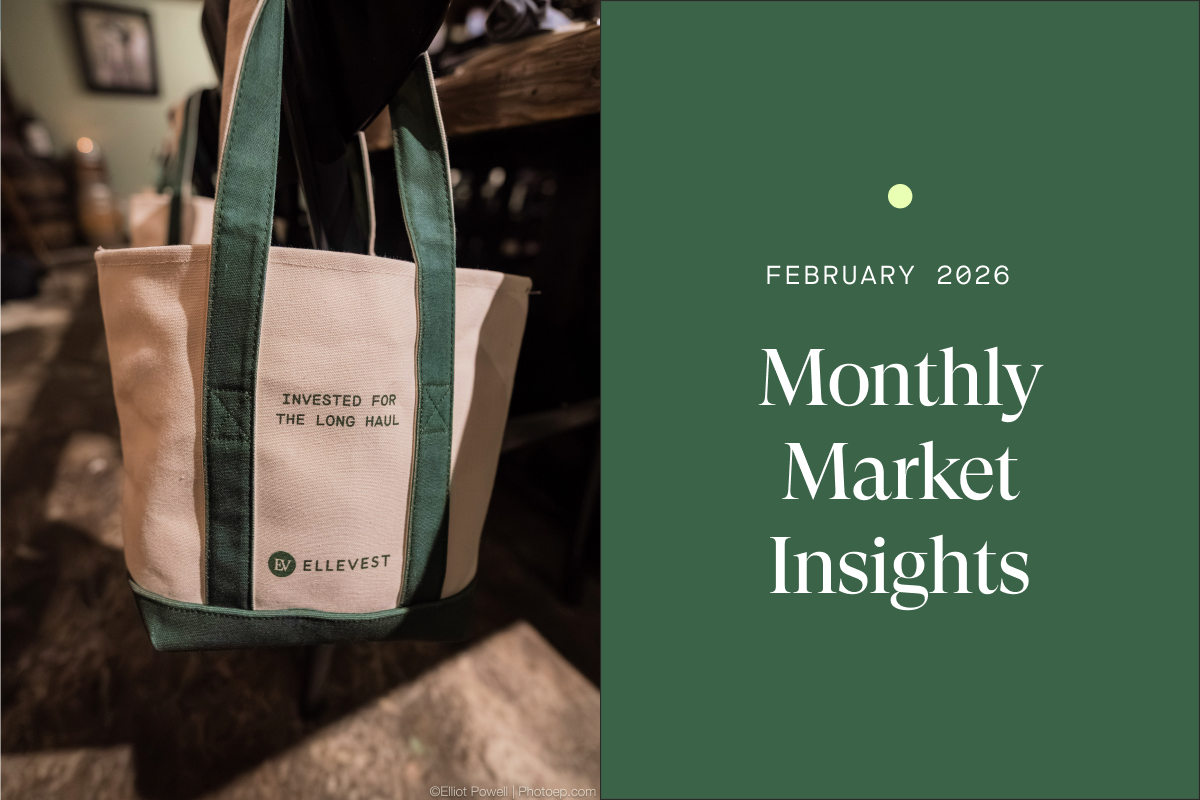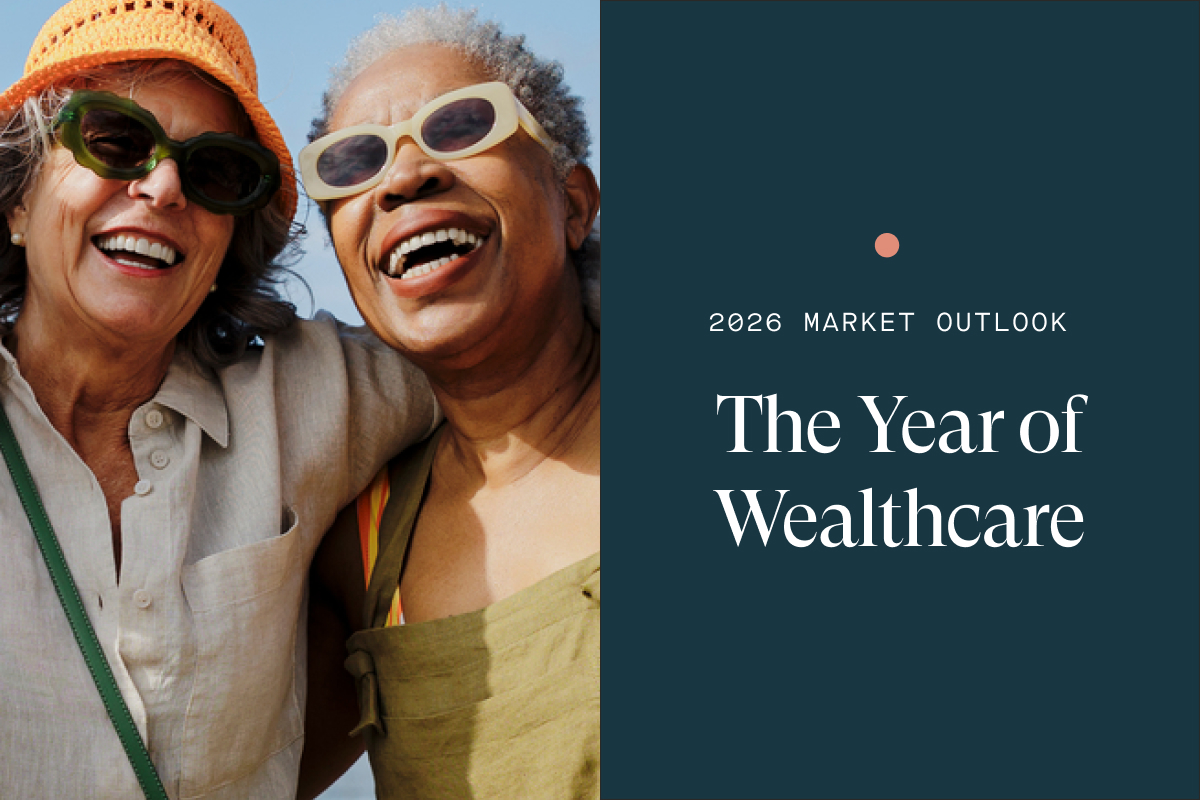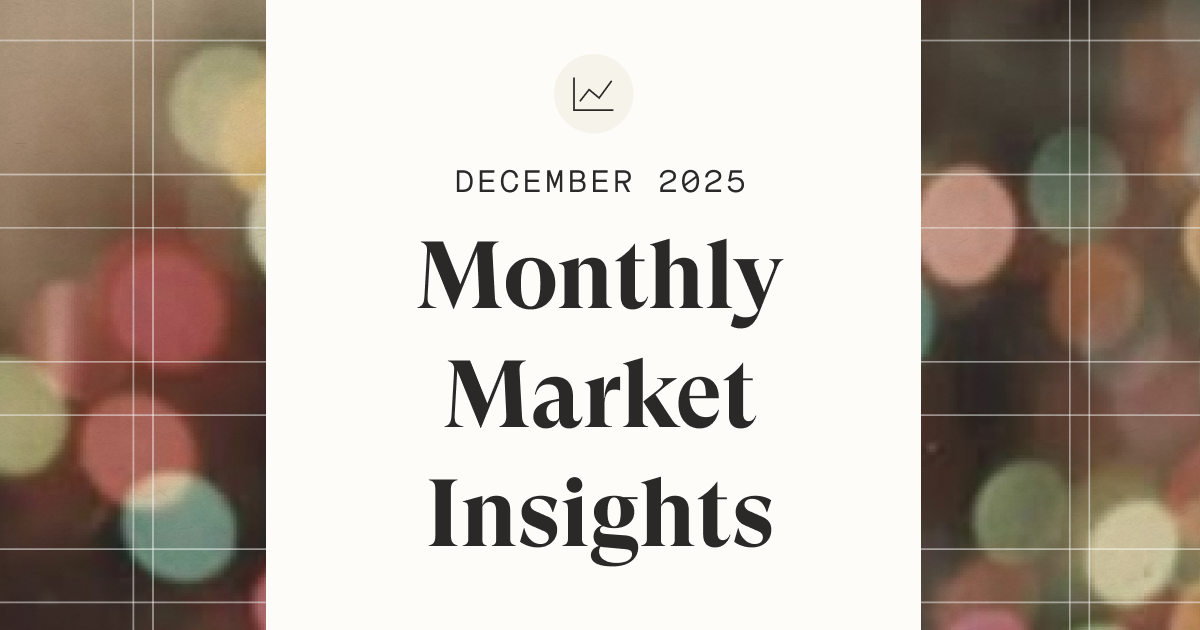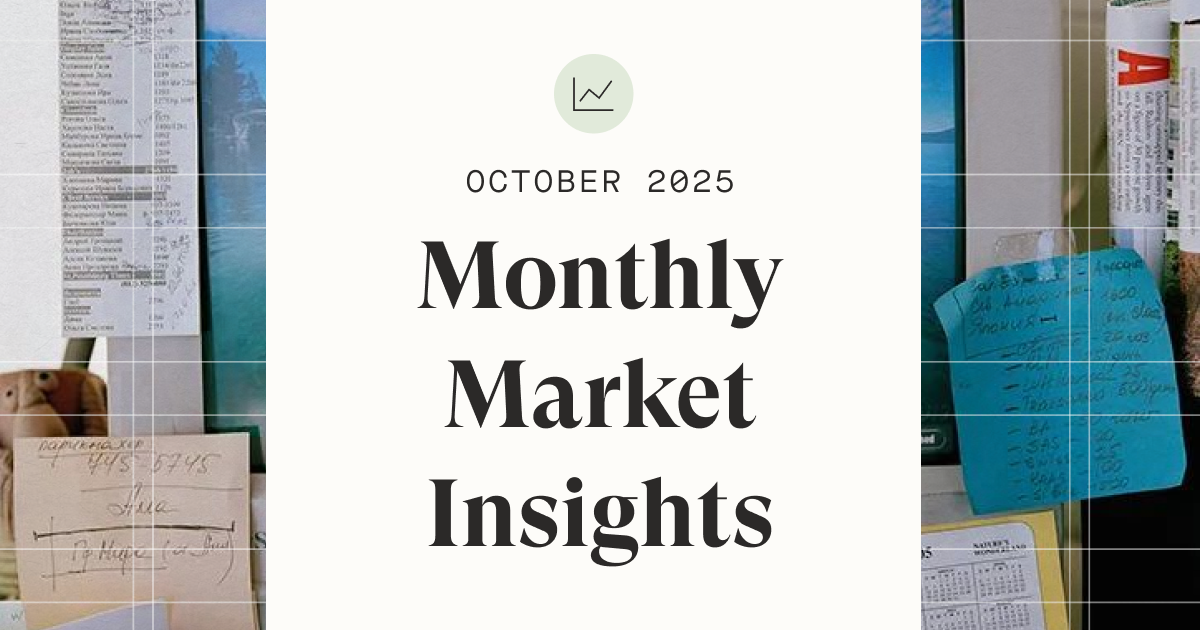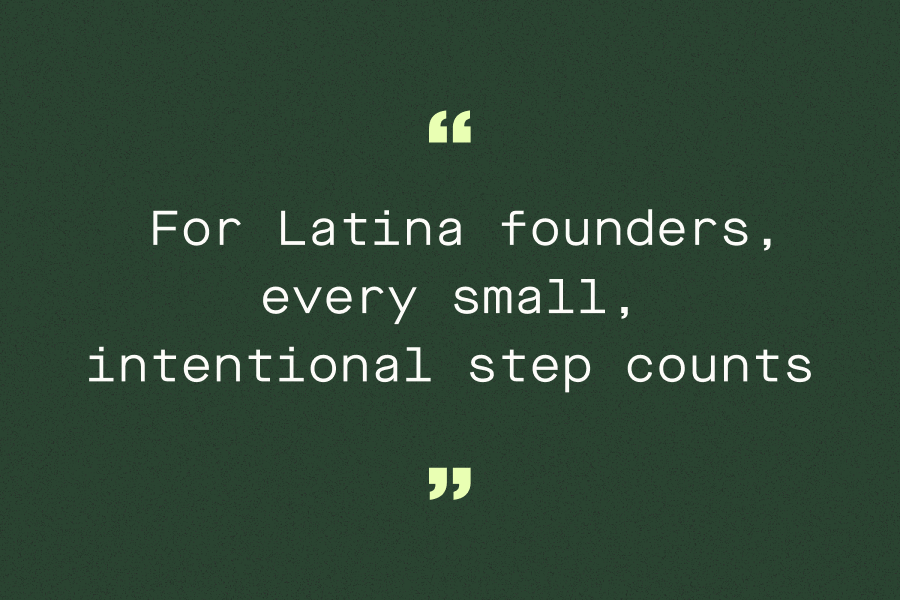Browse topics
Wealth Management
Market insights from the experts in building and managing women’s wealth.
Financial Planning
Tips to help you plan confidently for your financial future.
Investing
From personal finance to retirement planning and tax strategies, Ellevest’s team covers it all.
Milestones
Financial advice to help you tackle life’s big moments.




